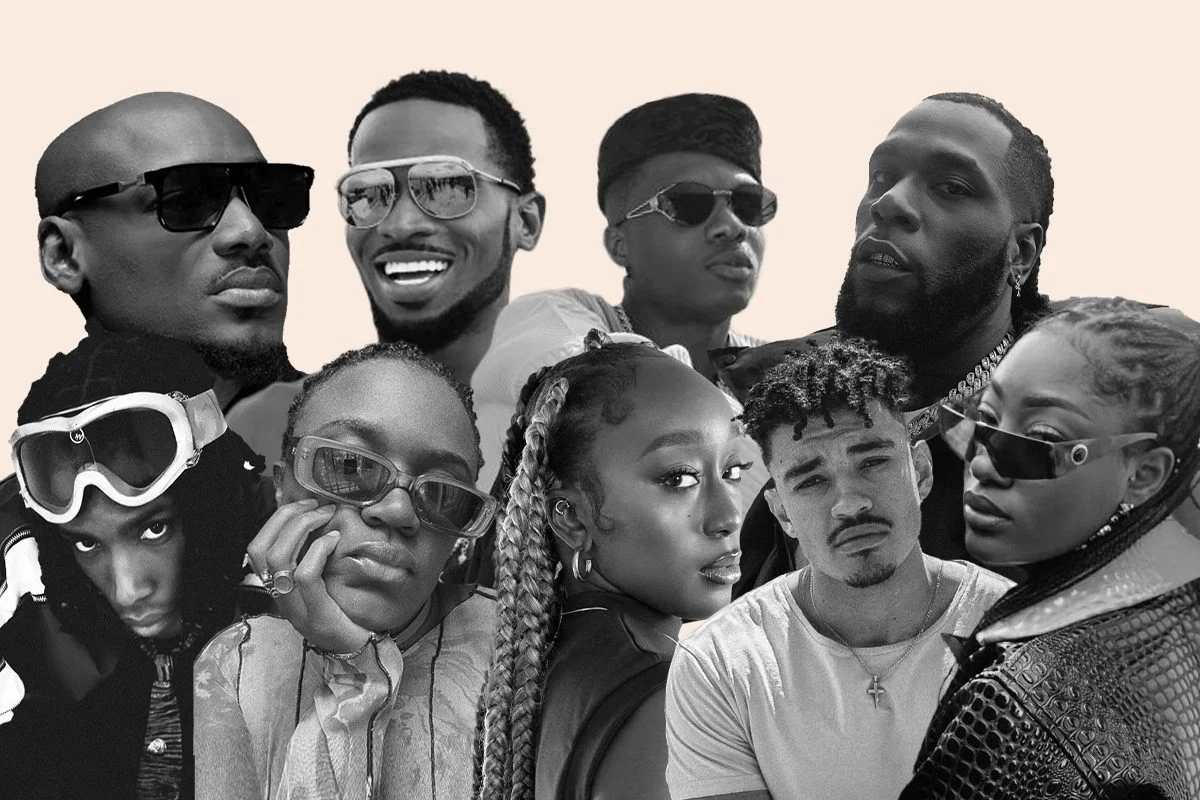
More Than Music: How Artists Turn Songs into Serious Income
Afrobeats has gone from Lagos street corners to global festival stages, and its stars are no longer just local heroes — they’re world-class entertainers with fan bases stretching from Accra to Atlanta. But here’s the thing: those millions of streams you see on Spotify? They’re not the real jackpot. Sure, the numbers look flashy, but for most artists, the real money isn’t in the stream count — it’s in the sweat, the stage lights, and the roar of the crowd.
From Wizkid shutting down The O2 three nights in a row, to Asake shutting down arenas in London, to Burna Boy selling out Madison Square Garden, Afrobeats artists are proving that their business is more than just music — it’s an empire built on tours, shows, brand deals, and a relentless hustle. And it’s not just them. Globally, even pop powerhouses like Beyoncé or Ed Sheeran know that the road — literally — is where the big paychecks live.
In this piece, we’ll pull back the curtain on how musicians — especially Afrobeats stars — really make their money, beyond the glossy streaming stats.
Streams vs Reality: Why Digital Plays Aren’t the Main Paycheck
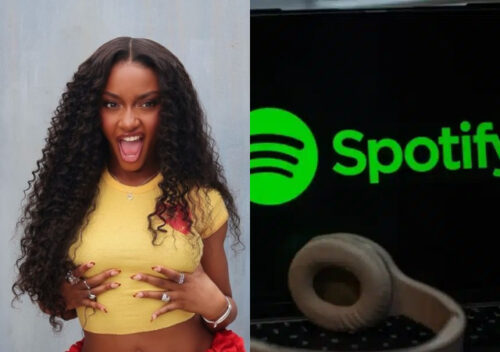
Streaming has made music accessible to billions, but it’s also changed how artists earn. Gone are the days when selling a million CDs meant instant millionaire status. Today, you could have 50 million streams and still be waiting for your first luxury car payment.
Let’s be honest — those “50 million streams” headlines look amazing on social media. It feels like the artist should be swimming in cash, right? Well… not exactly. The streaming game is more like a drip, not a flood.
Here’s what the average payout per stream looks like:
| Platform | Average Pay Per Stream | 1 Million Streams ≈ |
|---|---|---|
| Spotify | $0.003 – $0.005 | $3,000 – $5,000 |
| Apple Music | $0.007 – $0.01 | $7,000 – $10,000 |
| YouTube | $0.00069 – $0.001 | $690 – $1,000 |
| Boomplay | $0.002 – $0.003 | $2,000 – $3,000 |
Now, before you start counting imaginary Lamborghinis, remember: this is gross revenue. That money gets split between the label, distributors, producers, featured artists, managers, and then — just when you think you’re safe — the taxman knocks. By the time the artist sees their cut, they might only take home 30–50% of that figure.
To put it into perspective:
-
When Rema’s Calm Down hit 100 million streams on Spotify, the gross could be around $400,000. Sounds sweet, but after everyone gets their slice, his personal share might be closer to $150k–$200k.
-
For someone like BNXN (Buju) with 10 million streams, we’re talking roughly $40,000 gross, which might shrink to $15k–$20k after splits.
Meanwhile, on the global stage, the payout rate is the same, but the scale is completely different. Ed Sheeran or Bad Bunny can rack up a billion streams on a single track, turning that trickle into millions — even after deductions. In Afrobeats, only a few crossover hits (like Calm Down) have played in that billion-stream league.
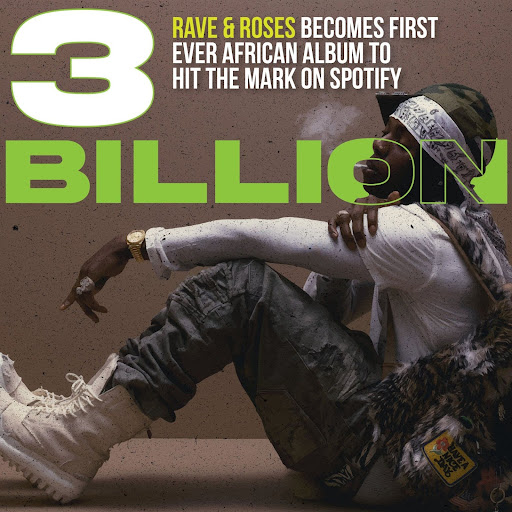
The takeaway? Streams are great for bragging rights and opening doors to tours, brand deals, and new fans. But if you’re wondering where the real money is… keep reading, because it’s not in the streaming cheque.
Live Shows: Where the Money Gets Loud
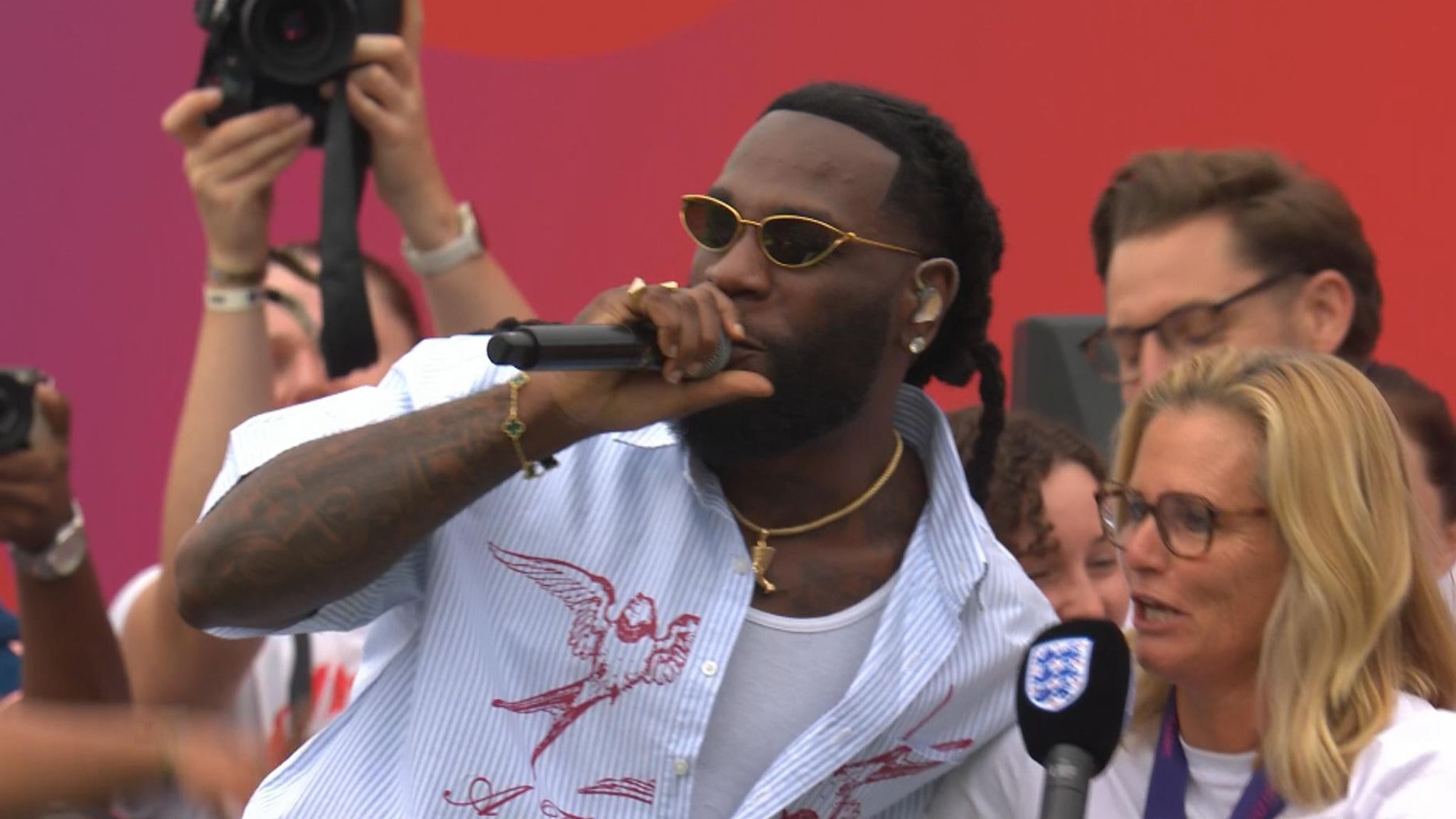
If streams are a slow drip of income, live shows are a fire hose. One night on stage can bring in more than months of streaming royalties — and Afrobeats artists know it.
Here’s how the money stacks up:
-
Performance fees – This is the artist’s booking price, and it’s where the numbers can make your jaw drop. A superstar like Burna Boy can command anywhere from $500,000 to $1 million for a major international show. Wizkid? Similar range. Even fast-rising acts like Asake are reportedly pulling in $100k–$200k per appearance abroad.
-
Ticket sales – Promoters set ticket prices, but artists often negotiate a cut. Sell out a 20,000-capacity arena at $100 a ticket? That’s $2 million gross in one night.
-
VIP packages – These are the golden tickets: backstage meet-and-greets, exclusive merch, and premium seating. They cost more, sell fast, and massively boost profits.
The magic of live shows is that the numbers scale fast. Take Wizkid’s O2 Arena run in London — he sold out three consecutive nights, each with over 20,000 fans. That’s 60,000+ people, hundreds of thousands of tickets, and millions in gross revenue.
Burna Boy took it up a notch with his history-making Madison Square Garden show. One night, 20,000 seats filled, with ticket prices ranging from $100 to over $500 for VIP. That’s not just history — that’s serious money.
And then there’s Asake, who has turned his shows into full-blown spectacles — high-energy dancing, theatrics, a stage presence that feels like a street carnival and luxury concert rolled into one. His back-to-back sellouts at London’s Brixton Academy showed just how hot Afrobeats is right now.
Rema, meanwhile, has been quietly stacking his live show resume, headlining festivals across Europe, Asia, and North America. The ticket sales might not yet match Wizkid’s or Burna Boy’s scale, but his youth appeal means every crowd is packed with die-hard fans willing to pay extra for the experience.
Bottom line? A hit song might get you noticed, but a killer live show will get you paid — big time. For Afrobeats artists, the stage isn’t just where they shine; it’s where the money gets loud.
Tours: The Real Goldmine
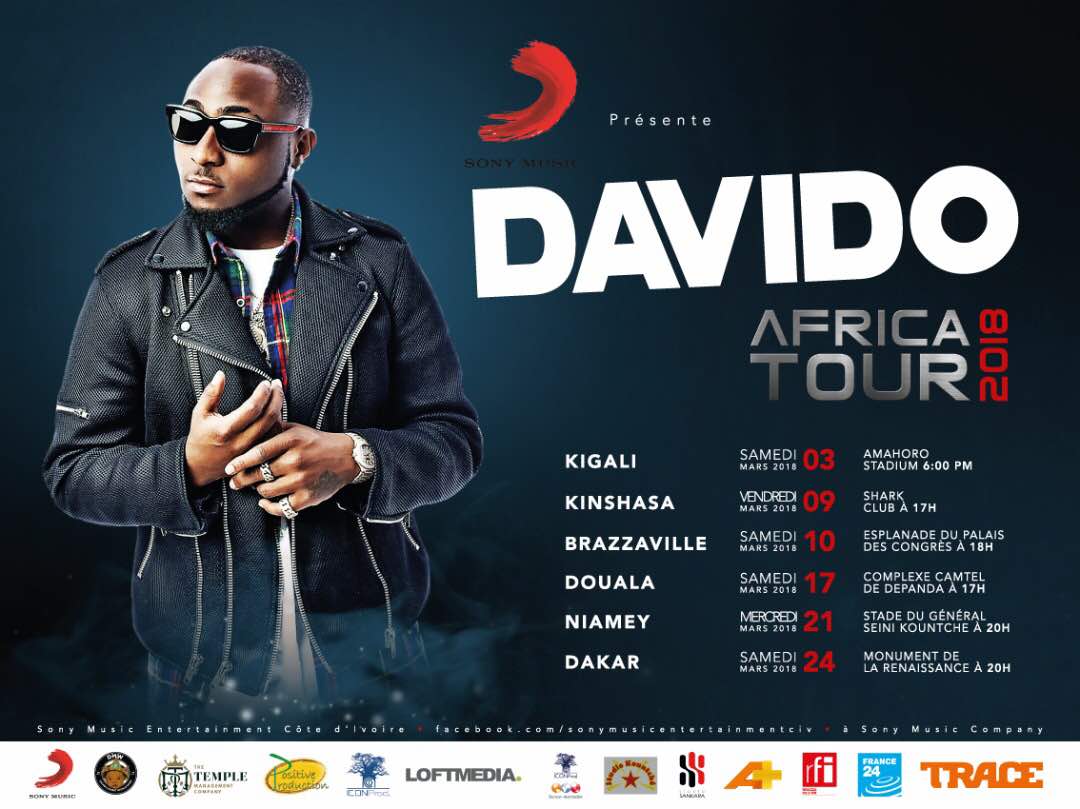
If one sold-out show is a jackpot, a tour is hitting the jackpot over and over again. Night after night, city after city, the money keeps rolling in — and unlike streams, this is income you can actually feel.
Here’s the magic of tours: they turn a single performance fee into months of steady revenue. For every city, you’re talking ticket sales, VIP upgrades, merch tables, and sometimes even sponsorships. Multiply that by 20, 30, or 50 shows, and you see why artists plan world tours like generals planning a winning campaign.
Afrobeats stars have caught on quickly. Burna Boy’s Love, Damini World Tour was a masterclass in global dominance — multiple continents, sold-out arenas from Paris to Toronto, and revenue figures that put him in the same conversation as global touring giants. We’re talking tens of millions grossed in a single tour cycle.
Wizkid’s Made in Lagos Tour was another turning point. In North America alone, he sold out major venues like New York’s Barclays Center and The O2 in London (three nights straight). That’s not just Afrobeats history — that’s global pop star territory.
Davido recently proved his staying power with his 5ive Tour, taking his hits across the US, UK, and beyond. From headlining The O2 to selling out arenas in cities like Houston, Toronto, and Atlanta, his tour brought in not just ticket revenue but also high-value VIP experiences that fans snapped up instantly. For an artist who’s been in the game for over a decade, it was a reminder that consistent hit-making and stage dominance keep the money — and the crowds — flowing.
Asake, in just a couple of years, has gone from small club stages to arena-level touring. His stops in the UK and US felt more like festivals than concerts — fans screaming every lyric, merch flying off tables, ticket resale prices soaring.
Tems is also carving her touring lane with precision. Her sultry voice and magnetic stage presence have carried her across festival stages like Coachella and Glastonbury, while her own headline shows bring in audiences from Lagos to Los Angeles. With her US tour in full swing, she’s proving that even artists with a minimalist discography can command premium ticket prices when the demand is there.
And then there’s Ayra Starr and Rema, who’ve taken the festival route, hopping between Wireless, Afro Nation, and Rolling Loud. Even without a single “official” world tour, the back-to-back bookings and travel mean they’re pulling in tour-level revenue while stacking up global recognition.
Globally, tours are the crown jewel of music revenue. Ed Sheeran’s ÷ (Divide) Tour grossed over $775 million. While Afrobeats isn’t at that number yet, the gap is closing — and fast. The difference? Afrobeats stars are doing it with fewer years in the global market and fans who are still multiplying at an insane rate.
Here’s the truth: Tours aren’t just about performing; they’re about building an empire city by city — and right now, Afrobeats is expanding its kingdom faster than almost any other genre on the planet.
Brand Deals & Endorsements: When the Music Meets the Money
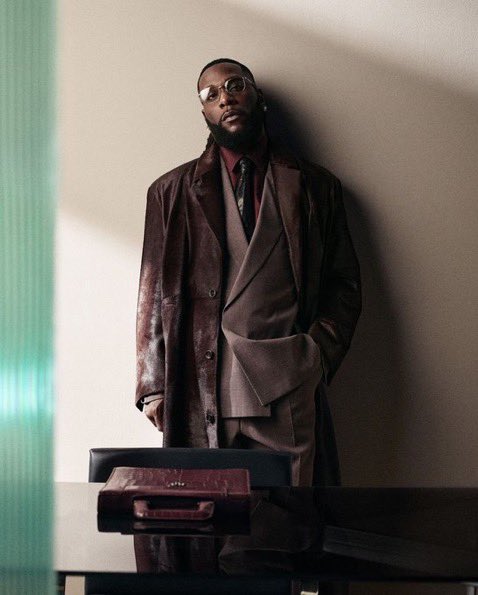
If streams pay in drips and tours in waves, brand deals are like someone handing you a briefcase full of cash just for being you. For top Afrobeats stars, this isn’t a side hustle — it’s a serious income stream.
From soft drinks to sneakers, tech gadgets to luxury watches, brands know that music sells products, and Afrobeats is one of the hottest exports right now. Pepsi didn’t just tap Wizkid for ads; they made him the face of their campaigns across Africa. The same vibe as Puma signing Davido. Tecno turned Rema & Ayra Starr into the cool, futuristic face of their smartphones, connecting with millions of Gen Z fans who stream their music and scroll on their devices daily.
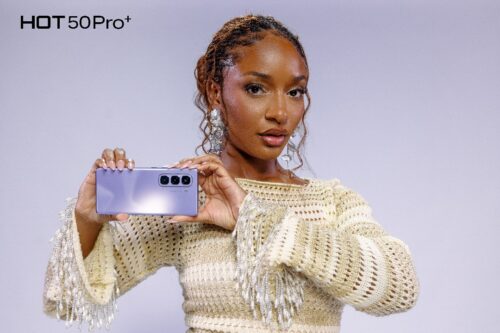
The math is simple: a hit song makes you famous, but a hit brand deal makes you richer. The right partnership can be worth hundreds of thousands — sometimes millions — and unlike tours, you don’t have to spend nights on the road to earn it.
Local vs. Global Deals
-
Local deals often target home markets — think Nigerian banks, African drink brands, or regional telecom giants. They pay well and keep the artist’s image strong locally. Seyi Vibez might land a Nigerian fashion collab that’s huge in Lagos but barely on the radar abroad — and that’s fine, because it locks in the home crowd.
-
Global endorsements put an artist’s face on billboards in Times Square, London, and Tokyo. They also come with bigger checks and international exposure. Tems fronted and partnered with Luxury Watch Brand OMEGA — a move that cemented her in the luxury conversation worldwide.

These deals are more than just ads. They’re power plays. They position artists as style icons, cultural ambassadors, and global influencers. And for Afrobeats stars, it’s not just about the money — it’s about building a brand that lasts long after the music fades.
Simply put: Tours make you rich. Brand deals make you rich and influential. And right now, Afrobeats artists are doing both at a level that rivals the biggest pop stars in the world.
The Side Hustles & Investments: Playing the Long Game
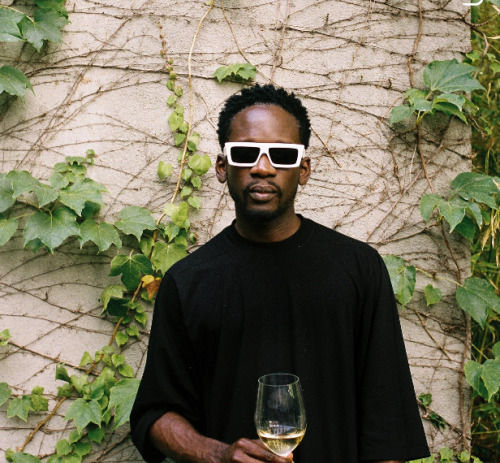
The smartest artists know the show won’t last forever — at least not on stage. So they do what every wise hustler does: turn music money into money that works for them.
Wizkid isn’t just a global superstar; he’s the boss of Starboy Entertainment, his own record label. That means he doesn’t just perform the hits — he owns them, and every artist he signs becomes part of his business portfolio. It’s creative control meets financial power.
Burna Boy has been just as calculated. While fans see the fireworks on stage, behind the scenes he’s putting money into property and hospitality ventures. It’s the kind of quiet wealth-building that ensures the “African Giant” stays giant even when the touring slows down.
Mr Eazi might be the most business-minded of the bunch. From early on, he’s been dabbling in tech, funding startups, and building partnerships across Africa. His emPawa initiative not only supports emerging artists but also keeps him connected to the next wave of talent — and the profits that come with it.
Even Asake, though relatively new to the scene, is making branding moves that scream long-term vision. From his fashion choices to his carefully curated image, he’s setting himself up as more than a hitmaker — he’s becoming a lifestyle brand in the making.
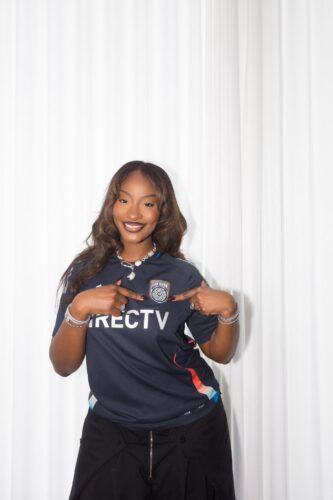
Tems recently added an unexpected but brilliant twist to her portfolio — investing in a football club. It’s a move that merges culture, sport, and business, tapping into the massive fan loyalty that football commands across Africa and beyond. It’s also a statement: she’s not just here to sing; she’s here to own a piece of the games people live for.
And the blueprint isn’t just African. Globally, artists like Jay-Z and Rihanna have turned music fame into empires. Jay-Z’s Roc Nation, champagne brands, and real estate investments have made him a billionaire. Rihanna’s Fenty Beauty transformed her from pop star to cosmetics mogul.
For Afrobeats stars, the lesson is clear: concerts fill the bank account, but smart investments fill the future. When the music slows, the money doesn’t have to.
The Global Parallel: Same Playbook, Different Stage
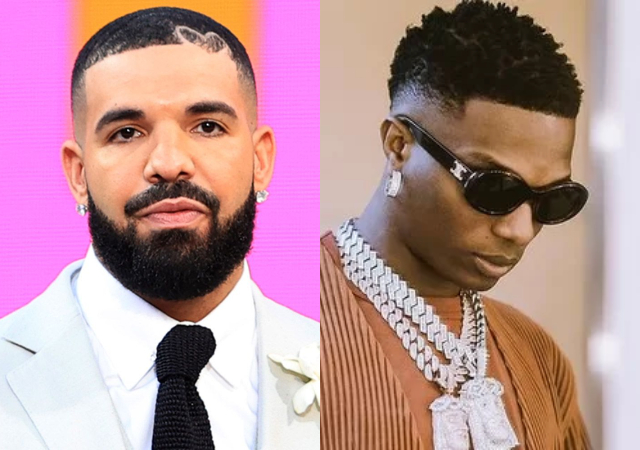
The formula for making money in music isn’t a secret — streams, shows, tours, brand deals — it’s the same playbook whether you’re in Lagos, Los Angeles, or London. But for Afrobeats artists, the game comes with its own set of plot twists.
Back home, the market is still growing. Streaming payouts in Africa are smaller, ticket prices can’t always match international standards, and brand budgets aren’t quite on the same scale as in the U.S. or Europe. This means that for a long time, the real money for Afrobeats stars came from playing outside Africa. A London arena could pay an artist more in one night than an entire African tour.
But that gap? It’s shrinking — fast. With Afrobeats now dominating global playlists, festivals, and even award shows, performance fees are skyrocketing. Burna Boy and Wizkid can now command appearance fees that rival — and sometimes match — the likes of global touring giants. Tems and Rema are not just joining the conversation; they’re breaking into markets that once seemed impossible, performing on the same stages as global pop and R&B & Hip-Hop heavyweights like Drake & co.
And here’s the beauty of it: Afrobeats is no longer “world music” in the exotic sense — it’s world music in the mainstream sense. It’s headlining festivals, shaping brand campaigns, and selling out stadiums in countries where most people don’t even speak the artists’ first language.
The game has gone from local hustle to global business. And Afrobeats? It’s playing to win.
Conclusion: The Hustle Beyond the Hit
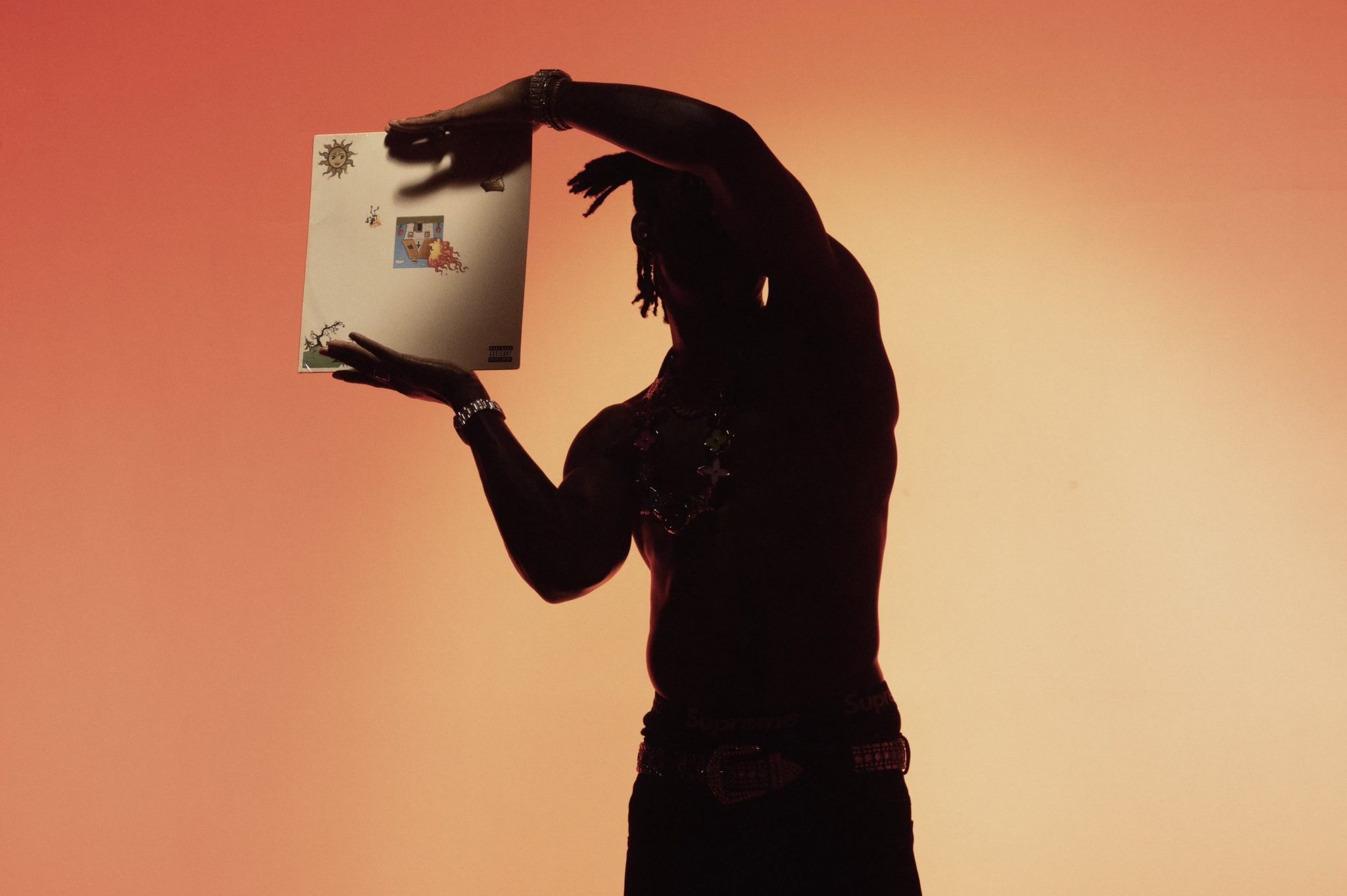
For Afrobeats artists, going viral is just the opening act. Turning that buzz into lasting financial success takes artistry, strategy, and a relentless work ethic. Streams might get you noticed, but it’s the tours, live shows, brand deals, merchandise, and smart investments that actually turn fame into fortune.
From the streets of Surulere to Benin to the sold-out arenas of Madison Square Garden and The O2, Afrobeats stars like Wizkid, Burna Boy, Tems, Rema, and Asake are proving that music is more than a passion — it’s a business. They’re building empires while shaping a genre that’s taking the world by storm.
And if the past few years are any guide, this is just the beginning. Afrobeats isn’t just rising; it’s redefining what it means to succeed in the global music game — one hit, one show, and one smart investment at a time.
Read More: Afrobeats in 2025: Why West African Music is Taking Over the World
The post Beyond the Hits: Shows, Tours, and the Real Business of Afrobeats appeared first on tooXclusive.
Disclaimer:The opinions presented in this post are those of the mentioned author. The content has been sourced from TooXclusive, with due attribution to the company.
If you wish for us to take down this content, kindly get in touch as soon as possible. This material is shared strictly for promotional purposes only.



